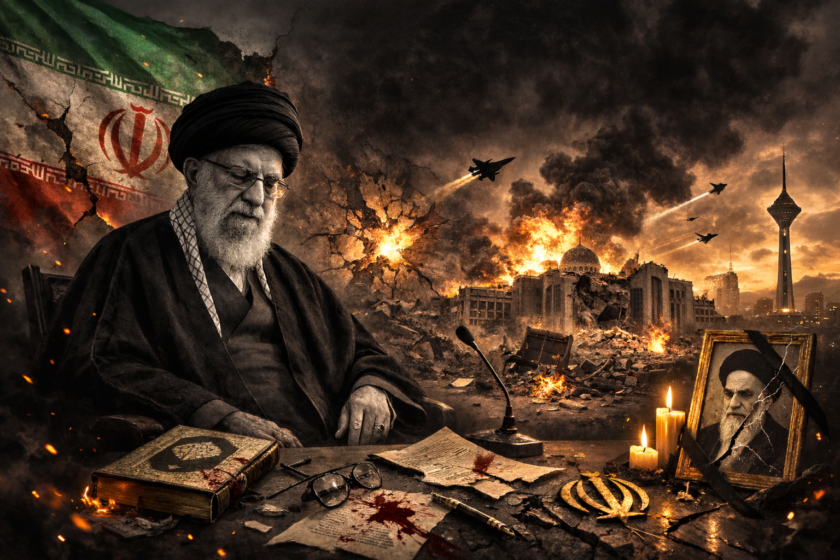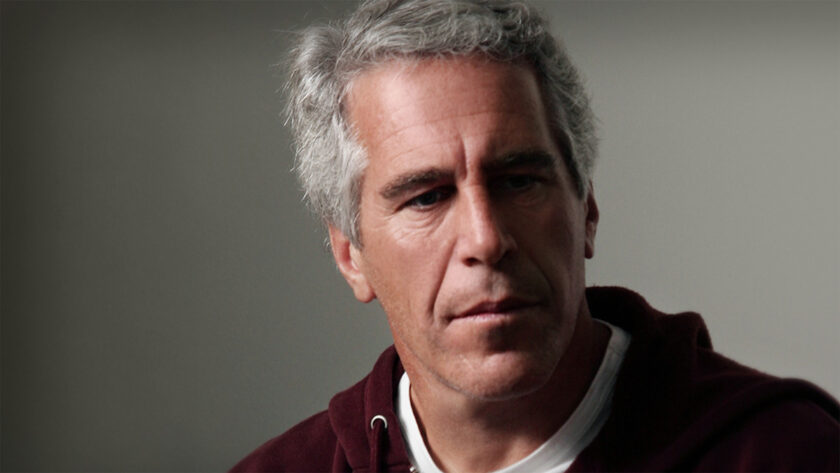Beijing: Amid swirling rumors and a growing air of secrecy, Chinese President Xi Jinping has found himself at the center of intense speculation. His recent absence from major international and domestic events, including the BRICS summit in Brazil, has sparked fresh questions over the future of his leadership — and whether his iron grip on China may be loosening after more than a decade in power.
First-Ever BRICS No-Show Raises Eyebrows
For the first time since taking power in 2012, Xi skipped the annual BRICS summit — a major global platform where China has historically asserted its economic and strategic might. His absence, coupled with the sudden delegation of authority to key Communist Party institutions, has set off alarm bells in political circles, with many interpreting it as a sign of mounting pressure or internal unrest.
Strategic Move or Forced Retreat?
While some China observers, like India-based expert Adil Baraa, claim that Xi is not stepping down but instead becoming even more strategic in consolidating power, critics argue that such statements may be attempts at damage control. “Granting more authority to trusted allies is not a sign of weakness but part of Xi’s broader strategy,” Baraa stated. Yet, others question: if Xi remains all-powerful, why did he avoid BRICS and push through new internal party rules?
Seeds of Rebellion Within the Party
Insiders suggest that discontent is brewing not among the people alone, but within the Communist Party itself. Disgruntled military veterans, senior officials, and emerging young leaders are reportedly uneasy with Xi’s centralized style of governance. His efforts to tighten control — once his biggest strength — may now be turning against him.
“By empowering only a handful of loyalists, Xi is alienating other factions,” says a Chinese politics analyst. “This centralization of power is backfiring, amplifying public frustration over inflation, unemployment, and strict social controls.” There is growing resentment within the party and among ordinary citizens, many of whom are beginning to question his leadership — albeit quietly.

Signs of Fear, Not Strength?
New rules introduced during a June 30 party meeting — aimed at formalizing Xi’s role further — have been labeled by some Chinese insiders as signs of insecurity rather than dominance. Observers believe Xi is beginning to fear the very system he once engineered to shield himself.
“President Xi seems increasingly wary of betrayal from within,” said a source familiar with the developments. “What looks like a power grab may actually be a desperate attempt to prevent a rebellion.”
A Regime at a Crossroads
With his image fading and authority subtly challenged, China appears to be at a political crossroads. Is the winds of change merely a whisper of reform, or the beginning of a more dramatic power shift? In a nation where political transitions often occur behind closed doors, the lack of transparency only fuels speculation.
For now, Xi Jinping remains in power — but the system he built to protect him might, one day, turn into the trap that brings his reign to an end.









